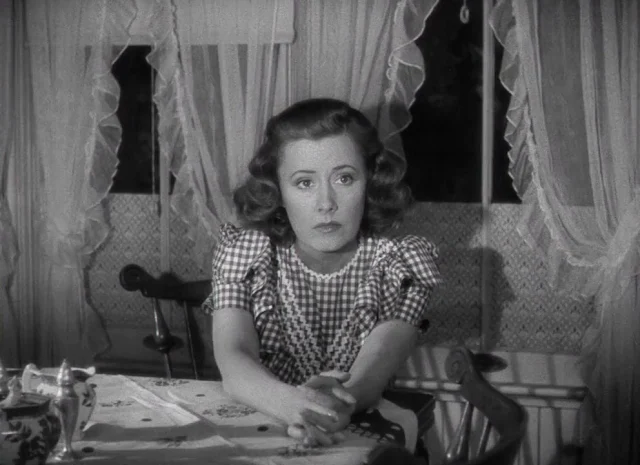Penny Serenade (George Stevens, 1941)
Cast: Irene Dunne, Cary Grant, Beulah Bondi, Edgar Buchanan, Ann Doran, Eva Lee Kuney, Leonard Willey, Wallis Clark, Walter Soderling, Jane Biffey.
Screenplay: Morrie Ryskind,
based on a story by Martha Cheavens.
Cinematography: Joseph Walker.
Art direction: Lionel Banks.
Film editing: Otto Meyer.
Music: W. Franke Harling.
Penny Serenade was released in April 1941, which explains the cozy, rosy
japonaiserie of the scenes set in the country that would be vilified by Americans after Pearl Harbor, only eight months later. The idyllic sojourn of the Adamses in Japan would be brief, however, cut short by an earthquake that brings on Julie Adams's miscarriage, complications of which leave her unable to bear the children she so longs for. But that's only the beginning of their misfortunes, which left many moviegoers holding soggy handkerchiefs. The phrase "they don't make 'em like this anymore" comes to mind, except that they do: Millions of people tune in every week to follow the fortunes of the Pearson family on
This Is Us. It's easy to dismiss this kind of cathartic cinema and its TV descendants, but it serves a need that shouldn't be dismissed cynically. We may prefer the Irene Dunne and Cary Grant of
The Awful Truth (Leo McCarey, 1937) and
My Favorite Wife (Garson Kanin, 1940), but their starry presence helps lift
Penny Serenade out of the vale of tears. Grant earned one of his two Oscar nominations -- the other was for
None But the Lonely Heart (Clifford Odets, 1944) -- for this film. The Academy always prefers acting that shows over acting that naturally arises out of a performer's established persona, and while his performance is by no means one of Grant's best -- there are dozens more that could be cited as essential for their Cary-Grantness -- it does make
Penny Serenade more watchable than it might be today. Dunne is less challenged by her role: Noble suffering was her forte in most of her films; comic giddiness was the exception. But she doesn't overdo it here. Everything else, however, is overdone: the chubby moppets who play the Adamses' adopted daughter at different ages; the motherly rule-bending adoption agency head played by Beulah Bondi; the gruff but tender chum known as Applejack and played by Edgar Buchanan; the sentimental old songs that key each flashback. It comes as a shock to learn that so much of this tearjerking was done by screenwriter Morrie Ryskind, who got his start writing gags for the Marx Brothers and was the screenwriter for Gregory La Cava on the screwball
My Man Godfrey (1936) and the acerbic
Stage Door (1937).

























